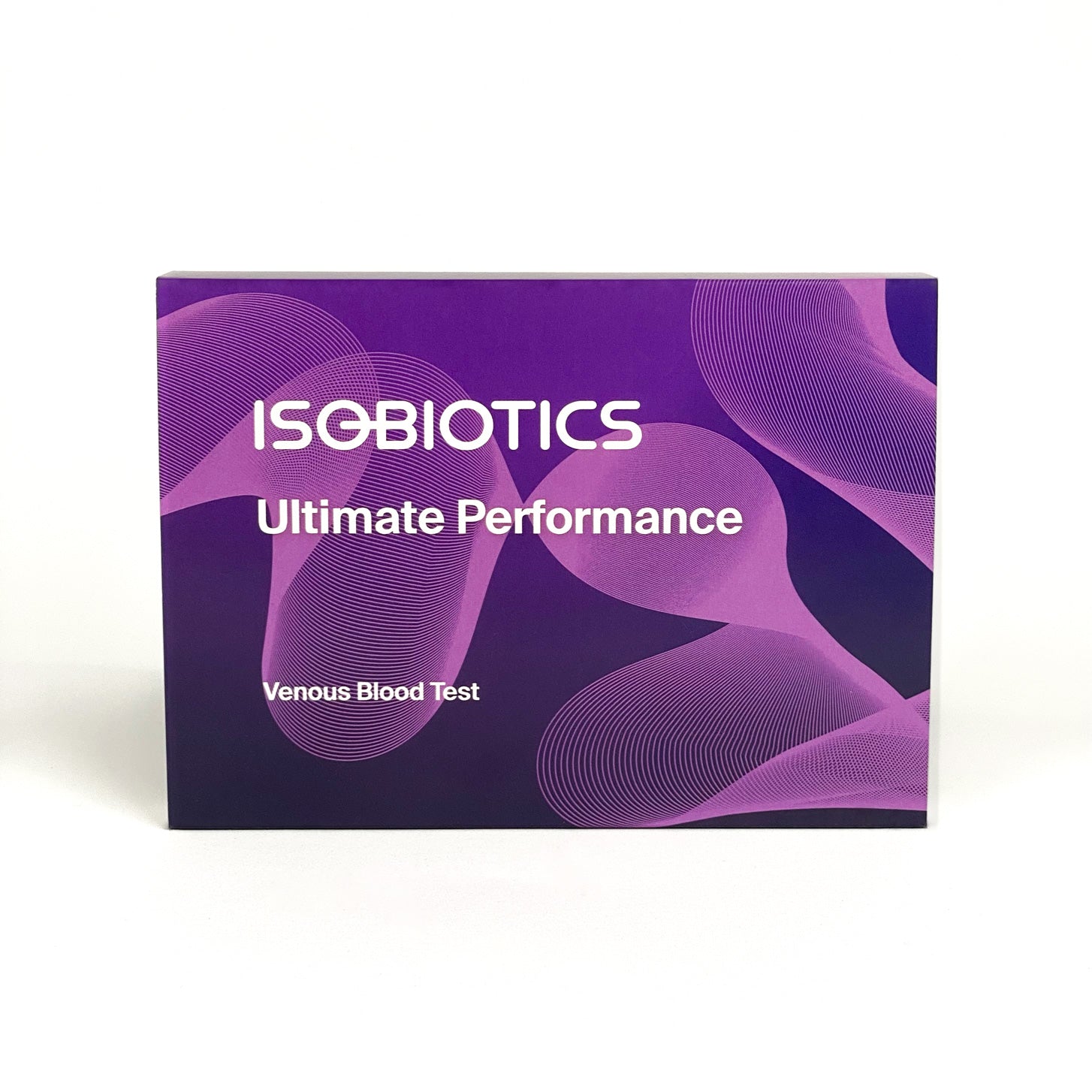Senior Clinical Fellow Cardiology and Cardiothoracic Surgery Royal Brompton Hospital & Harefield Hospital

The ultimate performance blood test is our most comprehensive test with 58 biomarkers tested. This profile is designed for athletes, high performers or anyone trying to bio-hack their health and make successful improvements. This test will tell you everything you need to know about your hormones, nutrition, heart health, liver & kidney status as well as diabetes risk allowing you to fine tune your lifestyle to hit maximum performance.
Ultimate Performance
Your medical data is strictly stored and never shared with outside parties. Learn more

What’s included
Total cholesterol is a measure of the total amount of cholesterol in the blood, including both LDL (low-density lipoprotein) and HDL (high-density lipoprotein) cholesterol. It is an important biomarker for cardiovascular health as high levels of total cholesterol can increase the risk of heart disease and stroke.
The total cholesterol: HDL ratio is a simple calculation that provides information about the relationship between total cholesterol levels and HDL (high-density lipoprotein) cholesterol levels in the blood. High ratios indicate a greater risk of heart disease and stroke, as they suggest that there may be an imbalance between harmful and protective cholesterol in the blood.
LDL (low-density lipoprotein) is a type of cholesterol that is commonly referred to as the "bad" cholesterol. The primary role of LDL is to transport cholesterol from the liver to the cells that need it. However, when there is too much LDL in the blood, it can build up in the walls of the arteries, forming plaques that can narrow or block the arteries, leading to heart disease and stroke.
Non-HDL cholesterol is a measure of all the cholesterol in the blood except for HDL (high-density lipoprotein) cholesterol. It includes LDL (low-density lipoprotein) cholesterol, very low-density lipoprotein (VLDL) cholesterol, and other lipoproteins. Non-HDL cholesterol is considered a better predictor of heart disease risk than total cholesterol or LDL cholesterol alone, as it provides a more comprehensive view of all the harmful cholesterol in the blood.
The total cholesterol: HDL ratio is a simple calculation that provides information about the relationship between total cholesterol levels and HDL (high-density lipoprotein) cholesterol levels in the blood. High ratios indicate a greater risk of heart disease and stroke, as they suggest that there may be an imbalance between harmful and protective cholesterol in the blood.
Triglycerides are a type of fat found in the blood and are an important biomarker for cardiovascular health. High levels of triglycerides can increase the risk of heart disease, while low levels are generally considered healthy.
Please view the video provided below for a step-by-step guide on how to perform our home test kits.

Our Specialists
Dr Dany Succar
MBBS

Charlotte Genevieve Brown
BSc Nutrition and Health
Registered Associate Nutritionist (ANutr)


